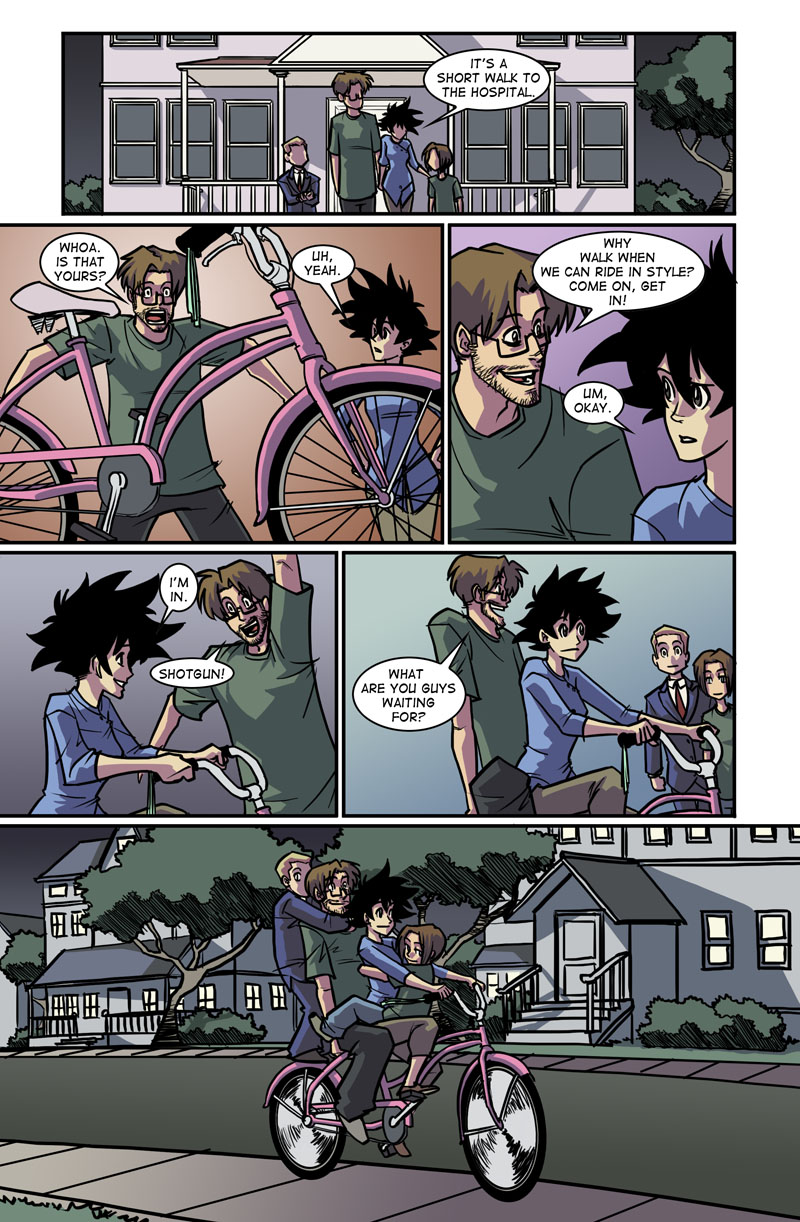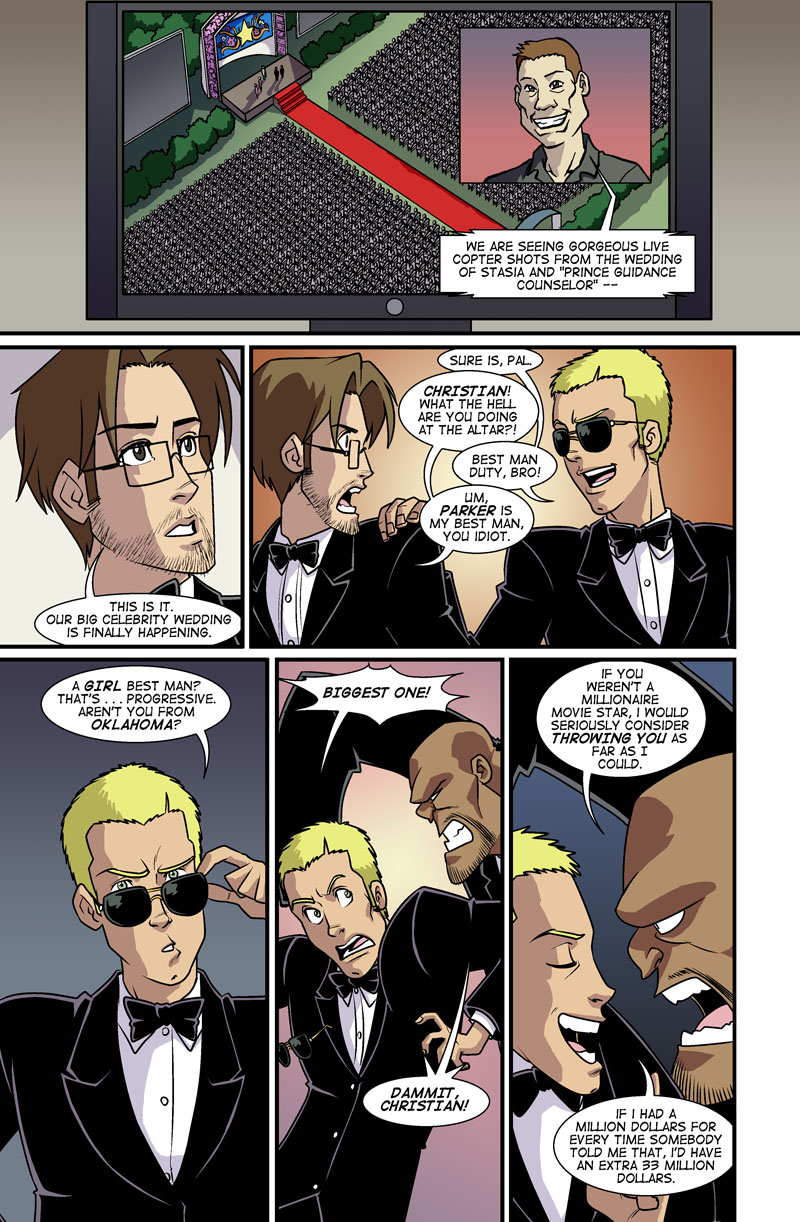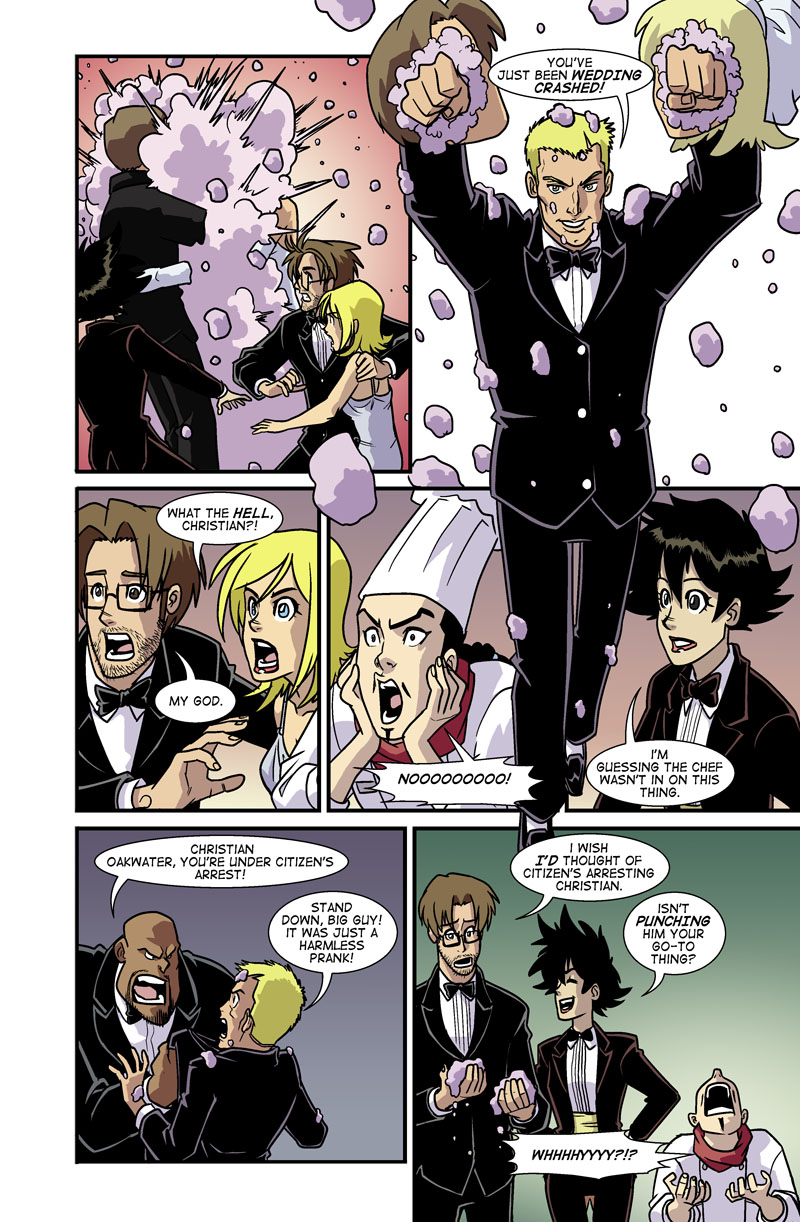

“Marry Me” accomplishes exactly what it sets out to by fixing some of the most egregious oversights of classic rom-coms.

The songs, written and performed by Lopez and Maluma, are lyrically enticing and playful and make themselves the highlight of the film. These tunes create the most believable idea of the entire film: that Kat was able to create a musical empire on her own. The film’s greatest triumph is its restrained and poignant celebration of diversity.Īnother strong point is the soundtrack: a soaring collection of glitzy pop that makes you want to bob your head along and hum the chorus for the rest of the day. Lopez and Maluma’s conversations in Spanish feel completely natural, drawing a stark contrast to her past romantic roles where her Latina identity was completely ignored or erased.

For once, the diverse characters feel natural rather than inserted to fulfill a quota or soothe an audience. However, the movie does have its redeeming qualities. For a film so obviously intended to challenge the history of its genre, “Marry Me” spends an inordinate amount of time directly referencing its predecessors, making scenes meant to come off as sweepingly romantic feel stale. Seriously, we all need to let go of the “ Love, Actually” placards. But such moments are undermined when they give into self-referential rom-com tropes. In one scene, characters question if love should even be their ultimate goal. “Marry Me” does bring some fresh ideas to the table when it comes to rom-coms, though. To make matters worse, WIlison and Lopez lack any semblance of romantic chemistry, seeming more like best friends than lovers even in their most passionate moments. This dynamic isn't a stable basis for a relationship. Is it supposed to be charming when he mansplains bowling to Kat? It’s hard to see why Kat falls in love with him, except that he represents a drastic departure from the rest of her life. When he’s not acting as a father, Charlie is largely unimpressive and cringe-worthy.

Still, Wilson is far more convincing as a father figure than a romantic lead even when he’s trying to be charmingly challenging, he comes off as a stern lecturer. Wilson’s Charlie, on the other hand, is slightly better fleshed out. Her inspiring backstory is given a lot of lip service by the rest of the characters, but she never gets a chance to discuss it on her own terms. Kat is so busy trying to convey important sentiments about feminism, the public’s obssesion with celebrities and optimism that it’s difficult to view her as a fully-fledged person. Lopez injects some authenticity into Kat, especially when discussing the perils of being a celebrity, but overall, her character desperately lacks depth. The leads often impart stilted pieces of wisdom that are so pointed it's hard not to choke on them. For a film targeted toward mature audiences, “Marry Me” often feels like a kids movie with its painfully obvious moral messaging.


 0 kommentar(er)
0 kommentar(er)
